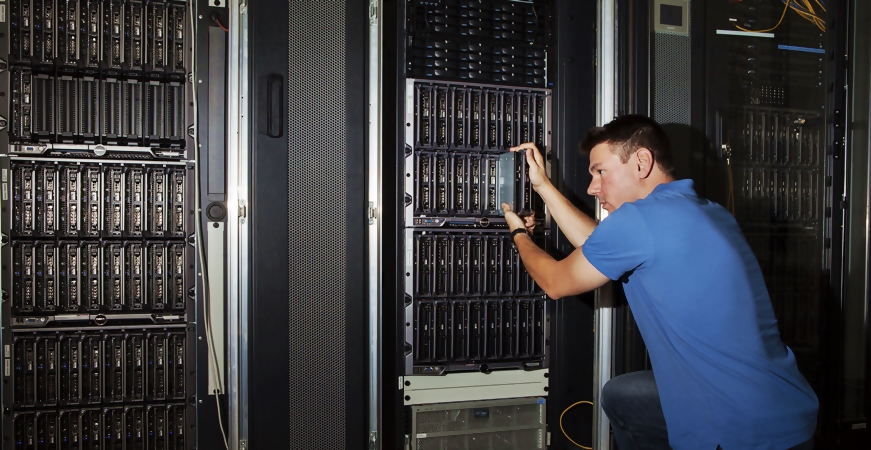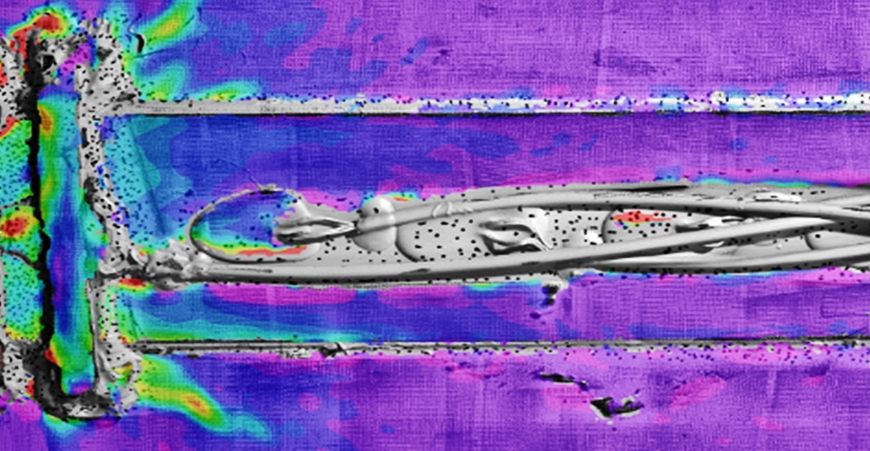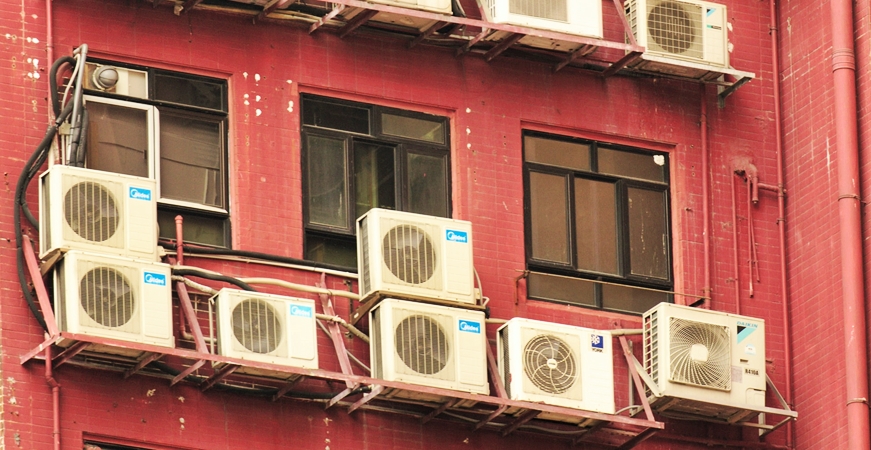Gloss
RIP, Hypatia …
Hypatia, the joint cluster computer of Empa and Eawag, is no more. On 10 March, the well-behaved and fast helper for scientific simulations was dismantled in Empa's basement and loaded onto the trucks of a waste disposal company. Many components of the mainframe will now begin a new life elsewhere. Hypatia was named after one of the few female scientists of antiquity who lived in Egypt in the 4th century.
The end did not come suddenly or unexpectedly, however, but quite planned. In 2007, Empa had begun building the cluster computer, which consisted of inexpensive standard components that were easy to maintain. At the time, this was cheaper than sending data to the Swiss National Supercomputing Center (CSCS) in Lugano.

Hypatia was a real all-rounder; it calculated, among other things, complex atmospheric models and the distribution of air pollutants in cities, noise simulations for air traffic, but also molecular simulations for nanoscientists and data for chemical material analyses.
At 14 years of age, the cluster computer had reached a respectable life expectancy. A recent analysis showed that it is now cheaper and more practical to send computing tasks to Ticino via data line and have them performed at CSCS. Hypatia thus remains at Empa without descendants.


Better fibers
A jacket from a jacket from a jacket ...
Manufacture, wear, wash, incinerate: This typical life cycle of garments, which pollutes the environment, is to be changed in the future – towards principles of circular economy with recycling at its core. Using an outdoor jacket made from PET bottles and recycled materials, Empa researchers have investigated whether the product actually delivers what the idea promises.
>>>>

Concrete
Prestressed plasters for old buildings
The technology of stabilizing concrete structures with carbon fiber-reinforced polymers, thus helping them to last longer, was developed decades ago; among others at Empa. Today, researchers in Dübendorf are working on a new variant with prestressed lamellas – with good prospects for practical application.
>>>>

Rising energy demand for cooling
Some like it cool
Climate-related temperature rises will further increase the cooling demand of buildings. A projection by Empa researchers based on data from the NEST building and future climate scenarios for Switzerland shows that this increase in energy demand for cooling is likely to be substantial and could have a strong impact on our future – electrified – energy system.
>>>>

